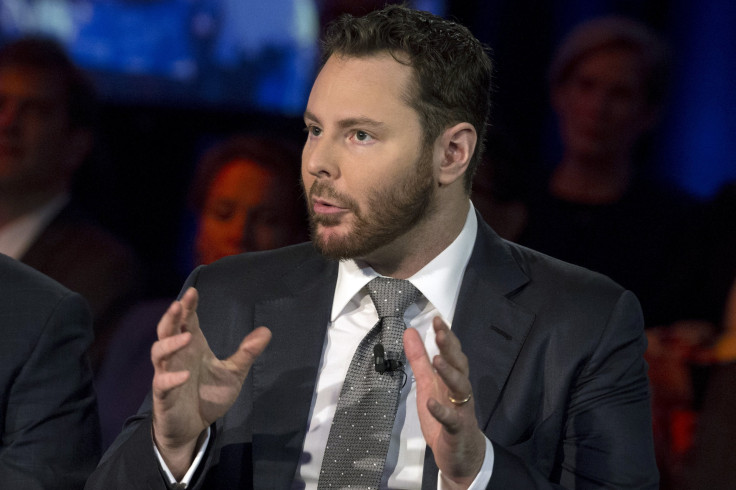California Tech Billionaire's Marijuana Legalization Measure Wins Key Support

SACRAMENTO, Calif. (Reuters) - Efforts to legalize marijuana in California got a boost this week after competing ballot measures joined forces behind the stronger of the two, backed by billionaire Sean Parker, a former president of Facebook Inc.
The initiative has the support of Democratic Lieutenant Governor Gavin Newsom and the Coalition for Cannabis Policy Reform. Coalition board member Antonio Gonzalez, who is also president of the Latino Voters League, said the coalition withdrew its rival initiative after Parker's measure was modified to protect children, workers and small businesses.
The move brings to a close weeks of behind-the-scenes negotiations aimed at closing the gaps between the initiatives, amid concerns that neither would succeed if both wound up on the ballot for 2016.
Marijuana use is illegal under federal law in the United States but 23 states allow the use of pot for medical purposes. Recently, Colorado, Washington and Oregon have approved recreational use and Alaska is set to allow it next year.
Voters in Massachusetts, Michigan, Nevada and Arizona could face ballot initiatives next year intended to legalize marijuana.
In California, amendments filed this week to Parker's proposal would allow local governments a greater say in where marijuana can be sold, toughen protections for children, including a ban on marketing to minors and explicit warning labels on marijuana products, and require safety standards and enforcement of labor laws for people who work in the industry.
The measure would tax marijuana sales and cultivation, raising hundreds of millions of dollars for the state, proponents say.
California has the largest marketplace for medical marijuana sales in the United States, according to the research group IBIS World. Nationwide, medical and recreational marijuana is expected to bring in $3.6 billion in revenue in 2015, growing to $13.4 billion over the next five years, the company says.
A marijuana legalization initiative failed in California in 2010, but public opinion is shifting.
Parker's measure would legalize recreational marijuana use for adults over 21 and set up a framework for regulating and taxing sales.
Parker's deep pockets suggest that his initiative will be well-funded, although campaign finance records do not show any contributions as of Wednesday.
In 2010 supporters invested $3.5 million in Proposition 19, outspending opponents nearly 8-1. But the measure failed amid concerns that it did not protect children or guard against driving under the influence.
California is home to ever-more expensive initiative campaigns. In 2012, supporters and opponents of Democratic Governor Jerry Brown's successful bid to temporarily raise taxes spent about $85 million, records show.
(Reporting by Sharon Bernstein; Editing by Sara Catania and Lisa Shumaker)



























